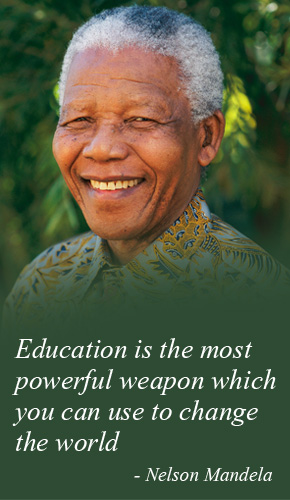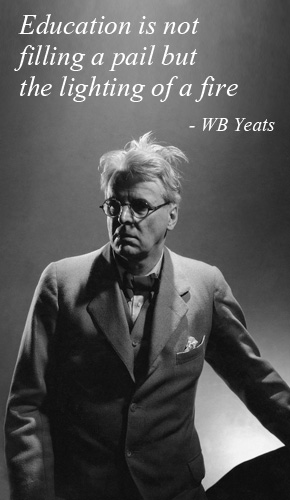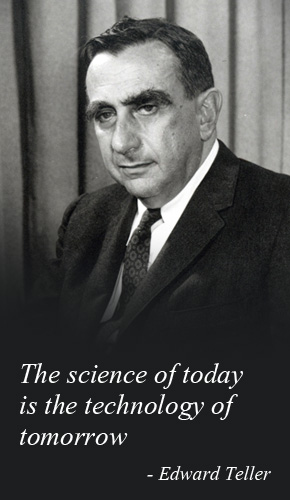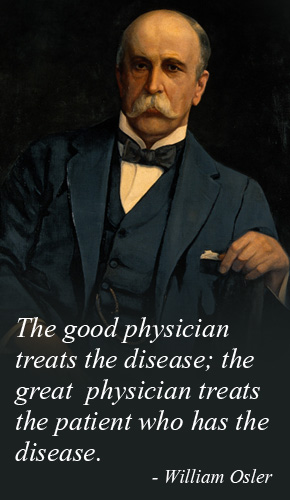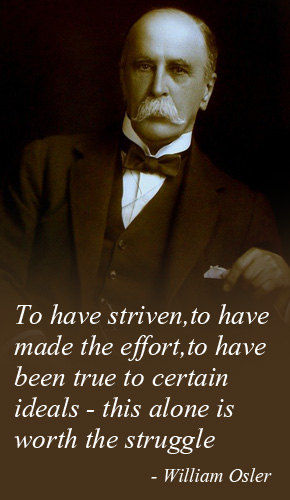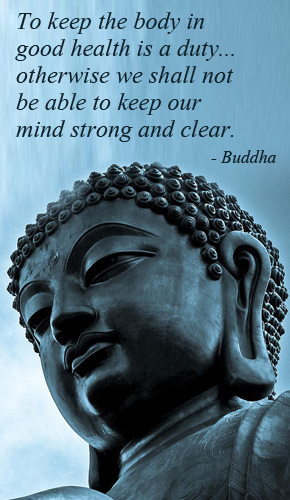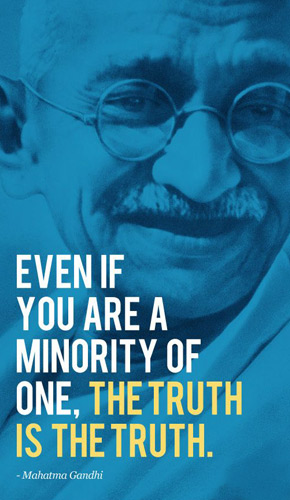Respiratory & Chest Medicine

The Department of Respiratory Medicine had a humble beginning in 1993 with Dr Jayakrishnan at its helm. After five years, the unit expanded with the addition of two more faculty members. During its early days, it had limited equipment for pulmonary function tests such as Spirometry, which measures how well a person can move air to and from lungs, and bronchoscopy, a minimally invasive procedure to diagnose and treat problems in airways and lungs.
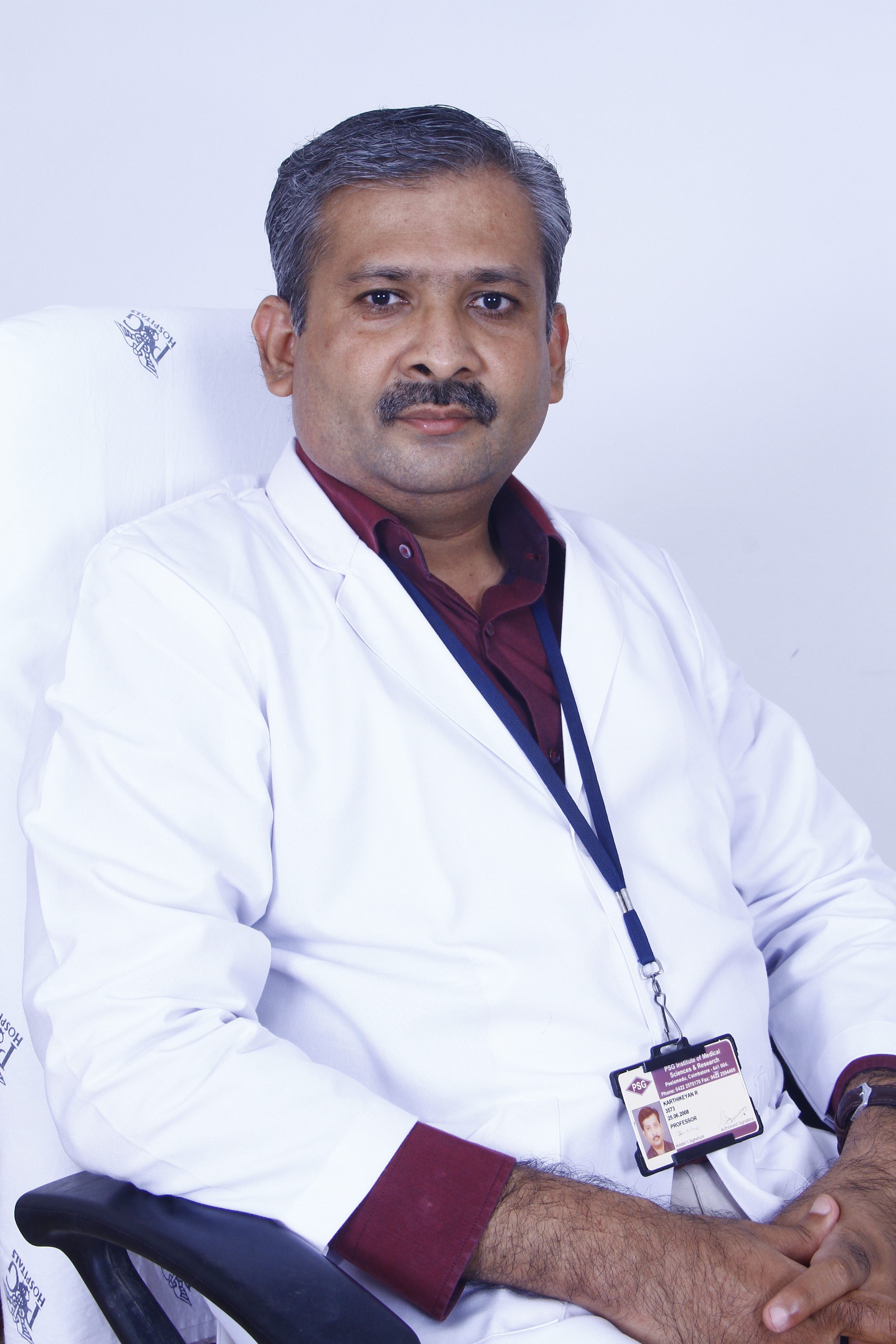
Dr. R. Karthikeyan , Head of the Department of Respiratory Medicine
Steadily, the department introduced more procedures and facilities such as interventional bronchoscopy, endoscopic examination and resection in pleural and thoracic cavities, analysis of diffusion capacity of lungs for carbon monoxide, measurement of respiratory muscle strength, sleep laboratory, and critical care. Today, the unit, led by Dr R. Karthikeyan, Professor and Head of the Department, has an impeccable reputation comparable with the best of its kind.
The department provides comprehensive consultation, evaluation and treatment of the whole range of respiratory diseases. In addition to daily outpatient and inpatient services, the unit conducts weekly speciality clinics for patients suffering from asthma, chronic obstructive pulmonary diseases and rheumatic pulmonary problems. This has led to a steady flow of patients to the hospital’s general and critical care wards.
In 2005, the department started a DOTS laboratory for the revised national tuberculosis control programme. It offers an isolation ward and DOTS Plus services to cure patients with multi-drug resistant tuberculosis and prevent its propagation. The unit is collaborating with the district TB health society and is functioning effectively with free supply of drugs given under the national programme.
Its portable laboratory helps to diagnose chronic conditions such as sleep apnea, which obstructs proper relaxation at night due to inadequate breathing or collapsed airways, leading to excessive sleepiness during the day. The unit also does allergen tests in collaboration with the Department of Dermatology. Besides, physiotherapy and pulmonary rehabilitation is available for patients with chronic respiratory diseases.
The department has a research laboratory to conduct therapeutic trials. Another facility available at the department is the paediatric bronchoscope, which is used to diagnose and treat children. It has adult bronchoscopes and video bronchoscopes that are often used to teach postgraduate students.
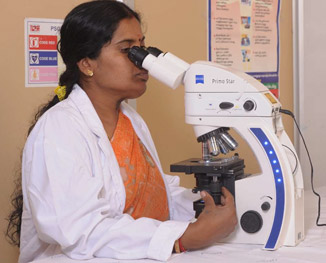
The department started offering postgraduate training in 2009 with a diploma in tuberculosis and chest diseases. A degree course followed in 2011. So, every year, two students are trained in the postgraduate programmes that are recognised by the Medical Council of India.
The department conducts seminars, workshops, guest lectures and continuing medical education regularly. It also organises many public awareness programmes for general practitioners in the city and nearby areas. It ensures that all patients with respiratory emergencies receive immediate medical attention and protocol-based care with excellent results under the supervision of experts round the clock.
In the near future, the department is planning an expansion with an emphasis on interventional pulmonology. It has a plan to collaborate with the Department of Medical Oncology to start services for patients with lung cancer. Expansion of researchrelated activities, innovative teaching methods using a simulation laboratory besides much better patient care, health education, and counselling are some of the other goals set by the department.
Services Available Currently
- DOTS Laboratory for RNTCP (TB) services
- Dots plus services/ isolation ward for multi Drug Resistant TB patients
- Adult bronchoscope & Video bronchoscope to teach Postgraduates
- Pediatric bronchoscope available
- Thoracoscopy (semirigid) available to diagnose pleural diseases
- DLCO and Spirometry available
- MIP/MEP with Spirometry to exclude Neuro muscular disorders
- Sleep lab (portable) to diagnose sleep Apnoea disorders
- Allergen test done in collaboration with Dermatology department
- Research laboratory available for therapeutic trials
- Health education utilizing audiovisual aids for Asthma and COPD patient is done on weekly basis in outpatient department
- Physiotherapy and pulmonary rehabilitation is taught for patients with chronic respiratory diseases on need basis
- Speciality clinics – COPD clinic/ Asthma clinic and Rheumato Pulmonology clinic on weekly basis
Messages
- All patients with respiratory emergencies receive immediate medical attention and protocolised care with excellent results, under the supervision of team of experts in the field of Respiratory Medicine
- Provide patronized care to all our patients round the clock
- We strive hard not only to deal with acute problems but also to build up on ongoing bond with our patients.
Future plans
- To expand department with emphasis on interventional Pulmonology
- Collaboration with oncology department to start services for Lung cancer patients
- To improvise on critical care areas
- To expand research related activities
- To start speciality clinic for specific disorders of Respiratory Medicine
- To improve patient care, give health education and improve counseling skills
- Innovative teaching methods for Under graduate and Post graduate students using simulation lab






